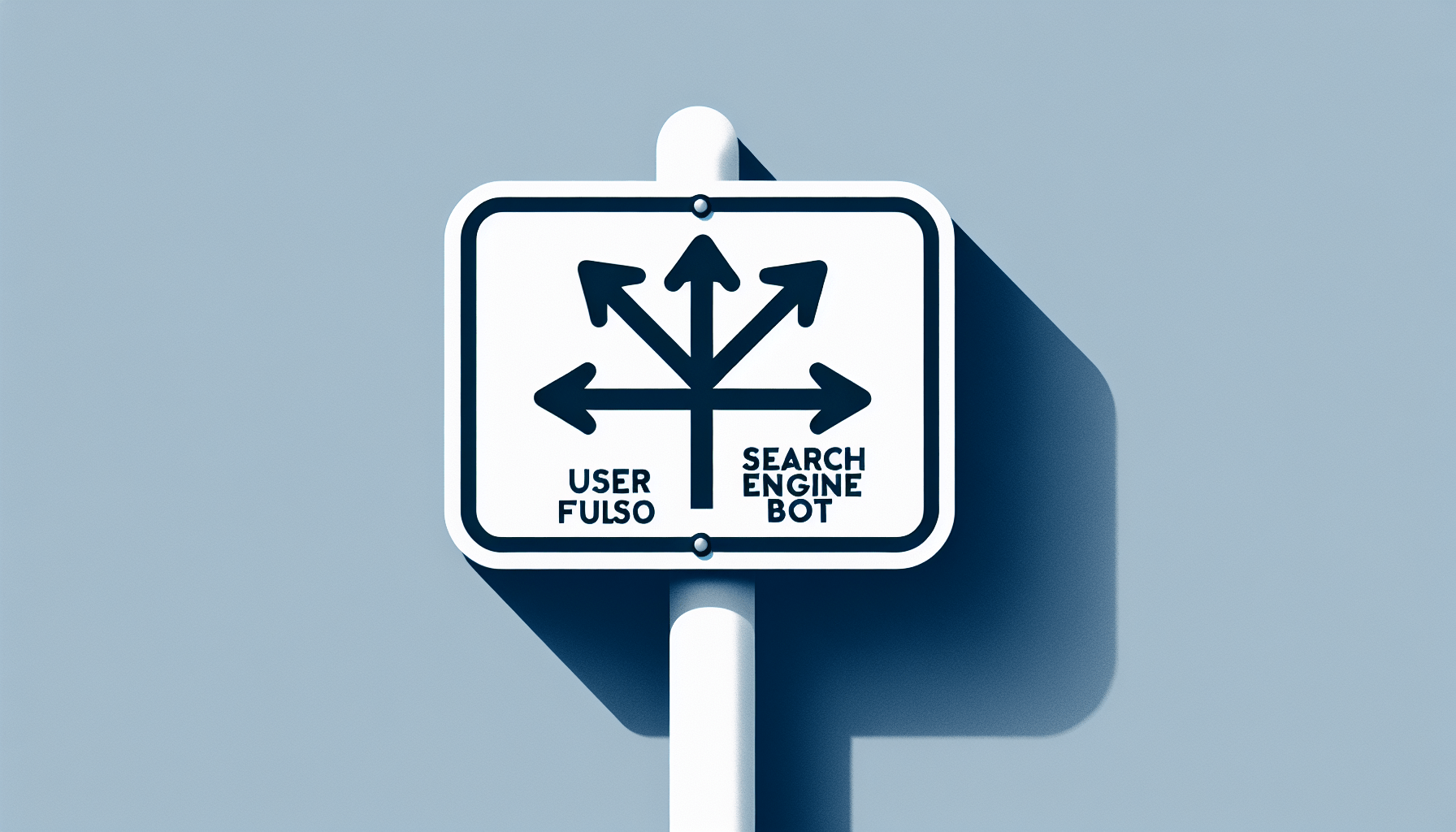Is Server Management Important for Your Website Security?
As a website owner, ensuring the security of your website should be a top priority. One crucial aspect of website security is server management. In this article, we will discuss the significance of server management in enhancing your website security.
What is Server Management?
Server management involves the tasks and processes associated with maintaining, monitoring, and securing servers that host your website. This includes activities such as software updates, security patches, performance optimization, and more.
Having a well-managed server is essential for keeping your website secure and running smoothly. Without proper server management, your website may be vulnerable to cyber attacks, downtime, and other security risks.
Why is Server Management Important for Website Security?
Ensuring proper server management is essential for protecting your website from various security threats. Hackers are constantly looking for vulnerabilities in servers to exploit and gain unauthorized access to websites.
By effectively managing your server, you can implement security measures such as firewalls, encryption, and regular security audits to minimize the risk of cyber attacks. Additionally, timely software updates and security patches can help address any known vulnerabilities and protect your website from potential threats.
Proper server management also involves monitoring server performance and addressing any issues that may impact the security and functionality of your website. Regular monitoring allows you to identify and resolve issues before they escalate and cause significant harm to your website.
Best Practices for Server Management
Implementing best practices for server management is crucial for enhancing your website security. Here are some key practices to consider:
Regular Software Updates
Regularly updating the software and applications on your server is essential for maintaining security. Software updates often include security patches that address known vulnerabilities and protect your server from potential threats. By staying up to date with software updates, you can minimize the risk of security breaches and keep your website secure.
Strong Password Policies
Implementing strong password policies is another important practice for server management. Use complex passwords that are difficult to guess and change them regularly to prevent unauthorized access to your server. Additionally, consider implementing multi-factor authentication to add an extra layer of security to your server.
Backup Your Data
Backing up your website data regularly is essential for ensuring data security and quick recovery in case of a security breach or data loss. Implement automated backup processes to ensure that your data is consistently backed up and stored securely.
Monitor Server Performance
Regularly monitoring server performance is crucial for identifying any issues that may affect your website security and functionality. Use monitoring tools to track server metrics, such as CPU usage, memory usage, and disk space, and address any abnormalities promptly.
Conduct Security Audits
Periodically conducting security audits is essential for evaluating your server’s security posture and identifying potential vulnerabilities. Consider enlisting the help of security professionals to perform comprehensive security audits and provide recommendations for improving your server security.

Managed vs. Unmanaged Hosting
When it comes to server management, one decision you will need to make is whether to opt for managed or unmanaged hosting.
Managed Hosting
With managed hosting, your hosting provider takes care of server management tasks, such as software updates, security patches, backups, and monitoring. This allows you to focus on growing your website and business, without having to worry about server management.
Unmanaged Hosting
On the other hand, with unmanaged hosting, you are responsible for managing and maintaining your server. This includes tasks such as installing software updates, configuring security settings, and monitoring server performance. While unmanaged hosting gives you more control over your server, it requires technical expertise and time commitment.
When choosing between managed and unmanaged hosting, consider your technical proficiency, budget, and the level of control you desire over your server.
Conclusion
In conclusion, server management plays a crucial role in enhancing your website security. By implementing best practices for server management, you can protect your website from security threats, ensure optimal performance, and provide a seamless user experience. Whether you opt for managed or unmanaged hosting, prioritizing server management is key to maintaining a secure and reliable website.
Remember, your website’s security is only as strong as your server management practices. By investing time and resources into proper server management, you can protect your website and data from potential threats and enjoy peace of mind knowing that your online presence is secure.












